
In one week, the EU institutions voted in favor of a crypto-friendly resolution and promoted MiCA to the next stage.
Last week, the European Union appeared to be rather busy with making decisions that could define the future of the crypto industry. First of all, 566 out of 705 members of the European Parliament voted in favor of a resolution originally drafted by member of the European Parliament (MEP) Lídia Pereira.
The resolution recommends authorities in the 27 member states consider a “simplified tax treatment” for crypto users involved in occasional or small transactions and have national tax administrations use blockchain technology “to facilitate efficient tax collection.” It also calls on the European Commission to assess whether converting crypto to fiat would constitute a taxable event, depending on where the transaction occurred.
Meanwhile, representatives from a committee with the European Council sent the finalized text of the Markets in Crypto-Assets (MiCA) framework to parliament for a vote. Should the parliamentary committee approve the text, the policies could go into effect starting in 2024. The committee’s next meeting is scheduled for Oct. 10. The MiCA, first introduced in September 2020, aims to create a consistent regulatory framework for cryptocurrencies among European Union member states.
Crypto payments didn’t get to be an exception from a new set of sanctions introduced by the European Union against Russia amid its military aggression in Ukraine. The new sanctions include a complete ban on cross-border crypto payments between Russians and the EU. This statement includes the prohibition of “all crypto-asset wallets, accounts, or custody services, irrespective of the amount of the wallet.” This comes shortly after Russian officials’ approval of the usage of crypto for cross-border payments.
Norway’s government proposes eliminating the tax perk for Bitcoin miners
The finance minister of Norway, Trygve Slagsvold Vedum, has suggested the government abolish a scheme that allows crypto data centers to pay a reduced rate on electricity. According to the government, the reduced rate should be phased out as the demand for electricity was rising in certain areas. “In many places, the power supply is now under pressure, which causes prices to rise. At the same time, we are seeing an increase in cryptocurrency mining in Norway. We need this power for the community,” said the minister.
Japan will invest in the Metaverse and NFTs
Fumio Kishida, the prime minister of Japan since 2021, said the government’s investment in the country’s digital transformation already included issuing nonfungible tokens (NFTs) to local authorities. He also hinted at digitizing national identity cards. In addition, the prime minister said the cabinet would “promote efforts to expand the use of Web 3.0 services that utilize the metaverse and NFTs.” According to the official, the government will be making efforts to promote Web3 services, including those dealing with NFTs and the Metaverse.
Kim Kardashian pays SEC $1.26 million
American socialite Kim Kardashian will pay $1.26 million in penalties for her involvement in the promotion of a cryptocurrency scheme called EthereumMax. The United States Securities and Exchange Commission announced the charges against Kardashian for “touting on social media a crypto asset security offered and sold by EthereumMax” without disclosing the payment received for her promotional involvement. She has agreed to settle the charges and pay $1.26 million in penalties, disgorgement and interest and is set to cooperate with further investigations by the SEC into the EthereumMax project.

You can get bonuses upto $100 FREE BONUS when you:
💰 Install these recommended apps:
💲 SocialGood - 100% Crypto Back on Everyday Shopping
💲 xPortal - The DeFi For The Next Billion
💲 CryptoTab Browser - Lightweight, fast, and ready to mine!
💰 Register on these recommended exchanges:
🟡 Binance🟡 Bitfinex🟡 Bitmart🟡 Bittrex🟡 Bitget
🟡 CoinEx🟡 Crypto.com🟡 Gate.io🟡 Huobi🟡 Kucoin.




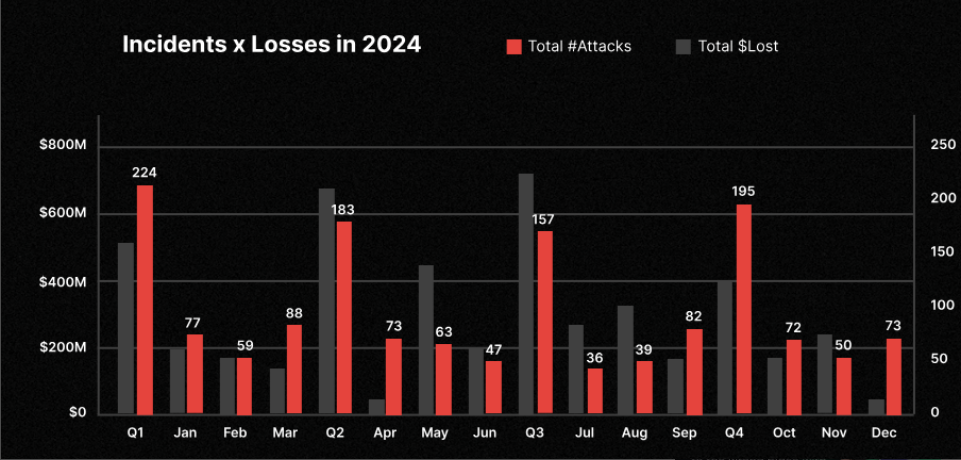
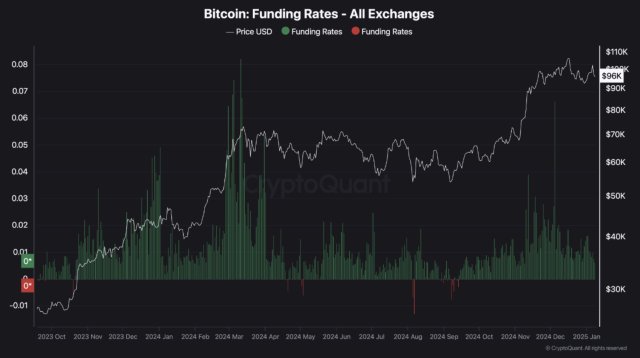




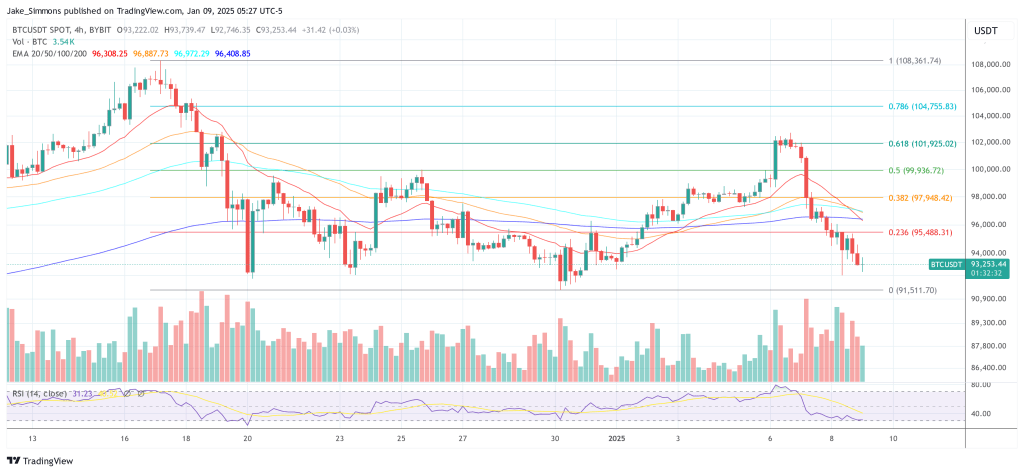

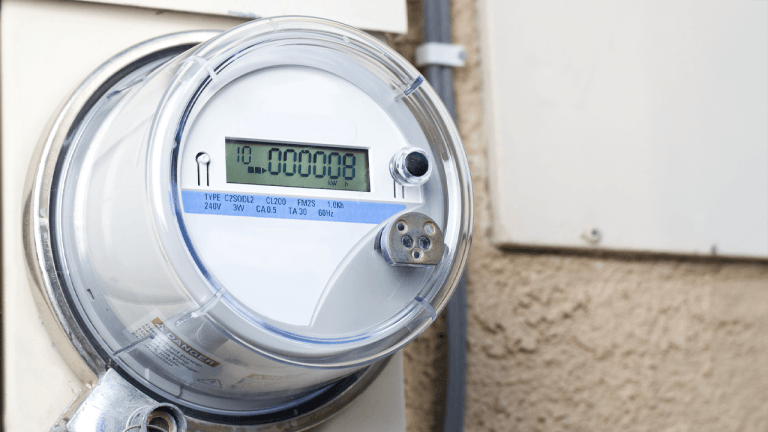
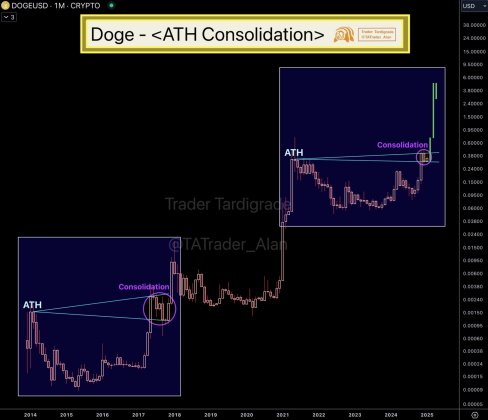


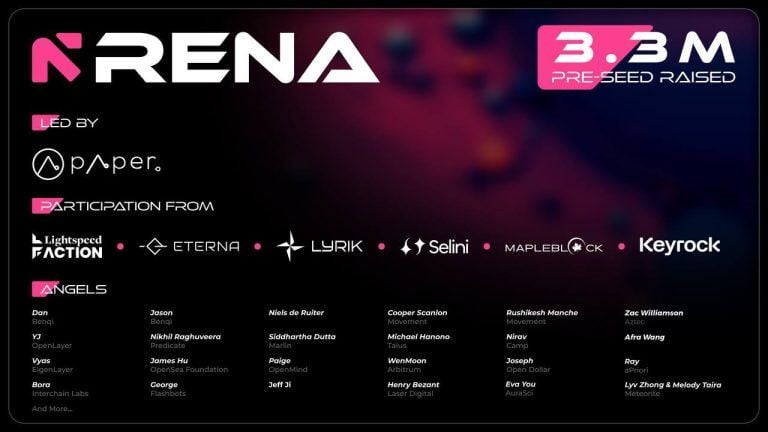


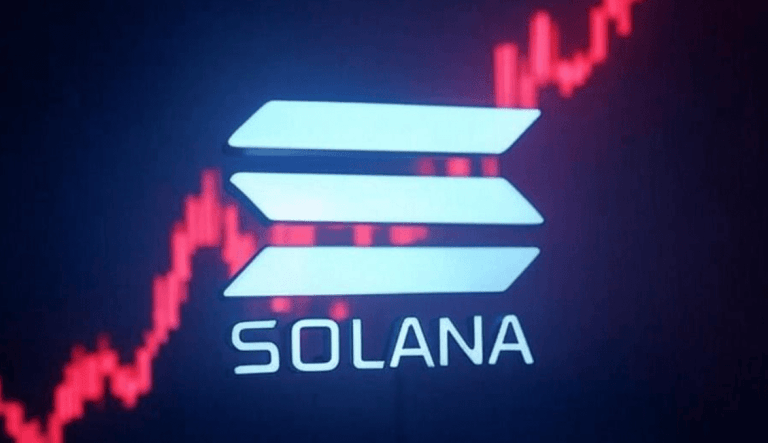
Comments